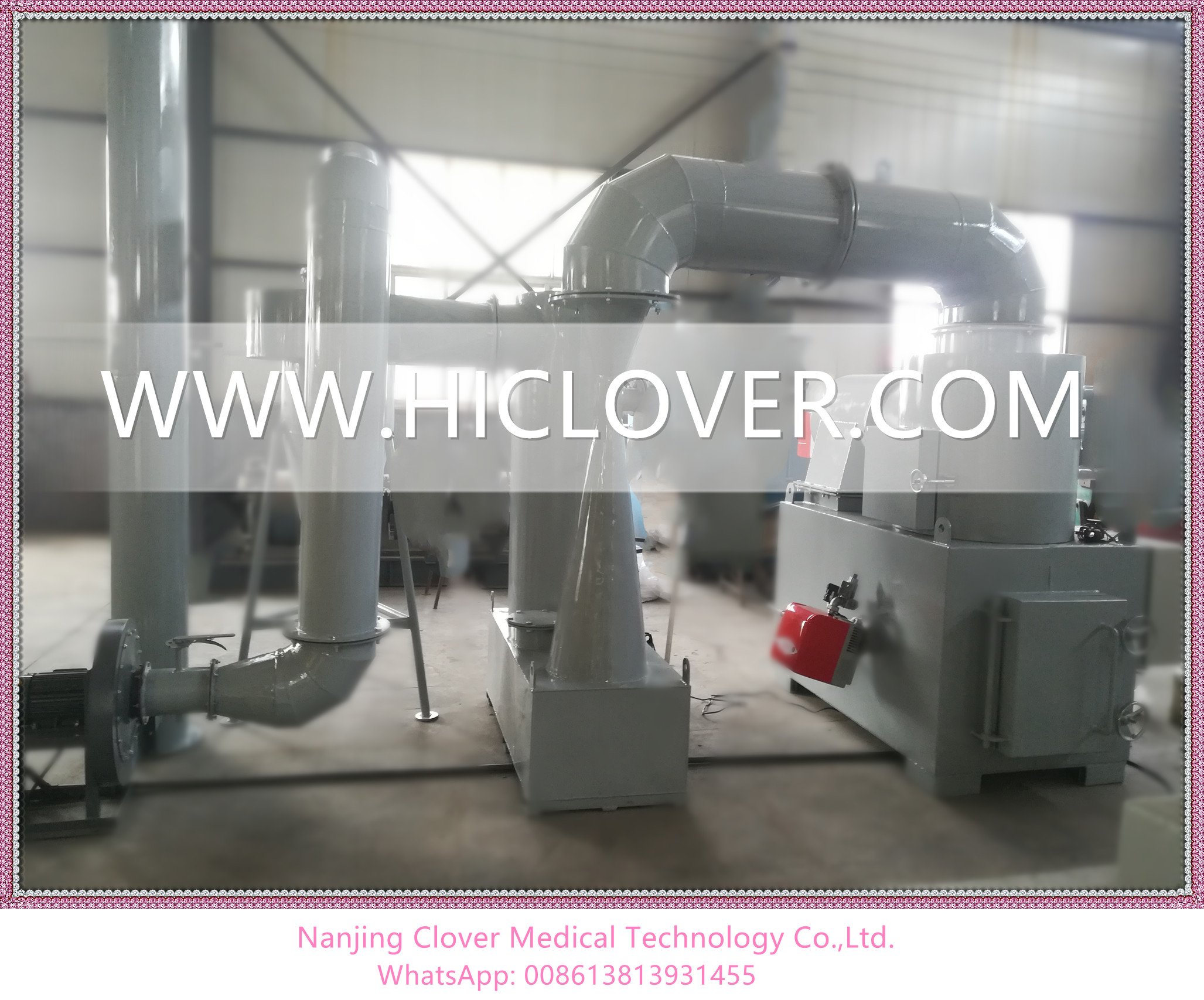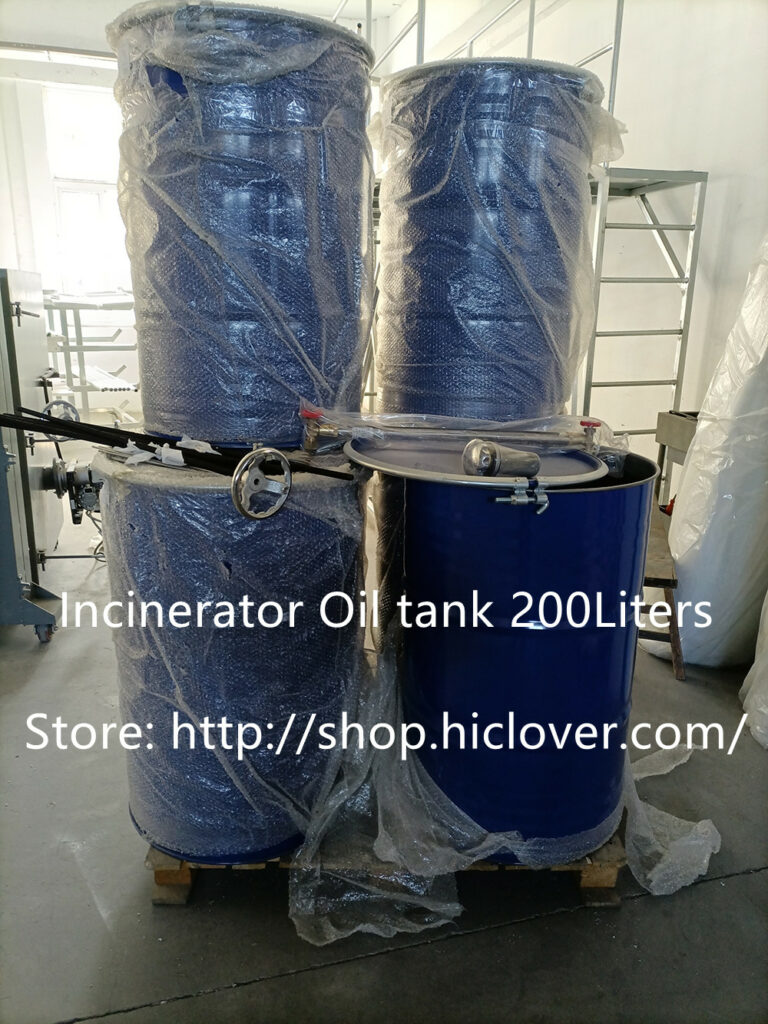Ghana, like many other developing countries, is facing a significant waste management problem. With a growing population and increasing urbanization, the amount of waste produced in the country has been steadily increasing, putting a strain on existing waste management infrastructure. However, some innovative solutions are emerging, with incineration companies playing a key role in turning trash into treasure.
One such company is Zoomlion Ghana Limited, a waste management company that has been at the forefront of efforts to tackle Ghana’s waste problem. The company operates several waste-to-energy plants across the country, where they incinerate waste to generate electricity. This not only helps in reducing the volume of waste that ends up in landfills but also provides a sustainable source of energy for communities.
The process of incinerating waste not only reduces the volume of waste but also produces ash, which can be used in construction and road building. This is a classic example of turning trash into treasure. Additionally, the heat generated from incineration can also be utilized in industrial processes, further adding value to the waste.
Another company making strides in waste-to-energy solutions is Jekora Ventures, which operates a waste-to-compost and waste-to-energy plant in Accra. The company collects organic waste from households and businesses and processes it into compost, which is then sold to farmers as an environmentally friendly alternative to chemical fertilizers. The remaining waste is incinerated to generate electricity, which is fed into the national grid.
These incineration companies are also contributing to the reduction of greenhouse gas emissions, which are a significant contributor to climate change. By diverting waste from landfills and converting it into energy, they are helping to reduce the environmental impact of waste disposal.
However, it is essential to note that incineration is not without its challenges. There are concerns about air pollution and toxic emissions from incineration plants, which can have detrimental effects on human health and the environment. Therefore, it is crucial for these companies to adhere to strict environmental regulations and invest in advanced technologies to minimize the environmental impact of their operations.
Overall, the efforts of these incineration companies in turning trash into treasure are a step in the right direction for Ghana’s waste management. By harnessing the potential of waste as a resource, they are not only addressing the waste problem but also creating economic opportunities and contributing to the country’s sustainable development goals. With continued investment and innovation, incineration could be a crucial component of Ghana’s waste management strategy in the years to come.



